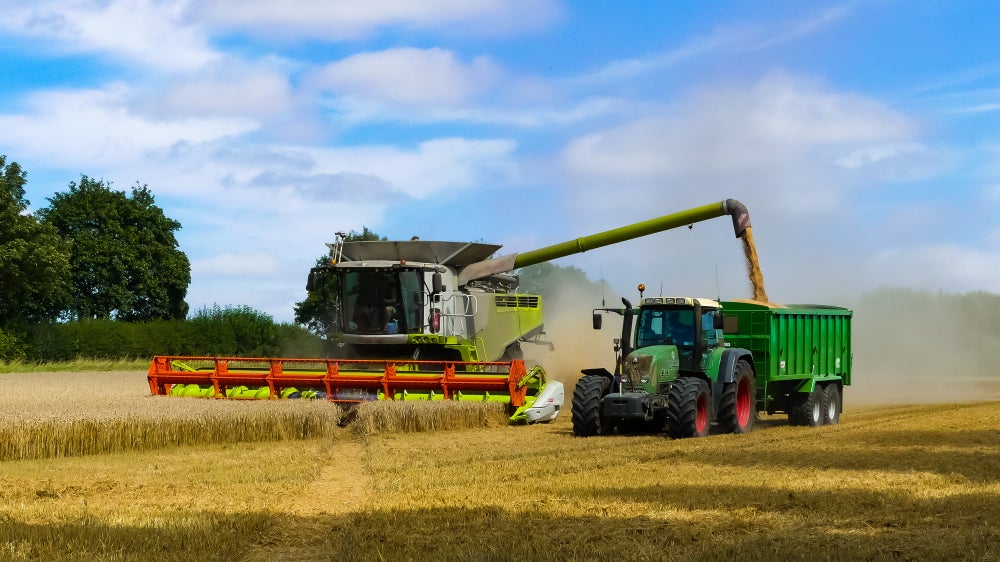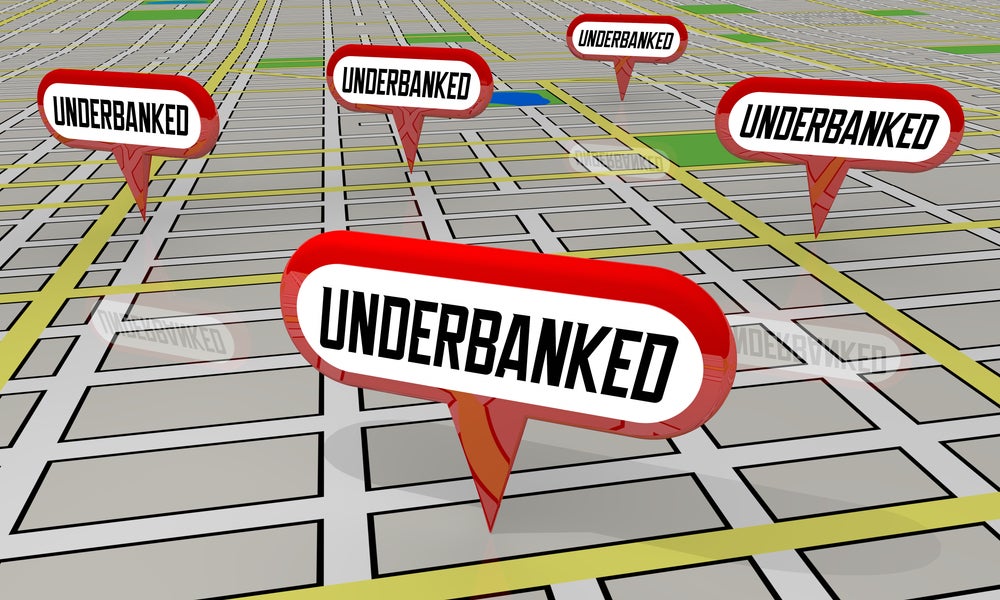GlobalData offers a comprehensive analysis of Schweizerische Nationalbank, providing key insights into its Environmental, Social, and Governance(ESG) factors. By closely monitoring and aggregating mentions of climate change and associated ESG keywords, GlobalData delivers valuable information on Schweizerische Nationalbank‘s ESG performance. GlobalData’s company profile on Schweizerische Nationalbank offers a 360-degree view of the company, SWOT analysis, key financials, and business strategy including insights on ESG implementation among other information. Buy the report here.
The Schweizerische Nationalbank (SNB), recognizes climate change as a significant challenge for the environment, the economy, and society. With a focus on the 2016–2025 period, the SNB has established climate protection goals in areas such as renewable energy electricity consumption, business travel and transport, and greenhouse gas (GHG) emissions. The bank conducts an annual assessment to evaluate its performance in meeting these targets, benchmarked against the reference year of 2016.
SNB is committed to reducing its greenhouse gas (GHG) emissions as disclosed in detail in its 2022 Sustainability Report. Scope 1 emissions are direct emissions from the SNB's operational activities, such as heat generated using fuel and employee travel. In 2022, the SNB's GHG emissions increased by 44.3% compared to the previous year, reaching 1,240 tonnes of CO2 equivalents. The primary sources of emissions were heating and business travel and transport, due to fossil fuel consumption. GHG emissions per employee also increased by 40.7% compared to 2021. The majority of greenhouse gas (GHG) emissions, amounting to 78%, originated from scope 3, while slightly under 17% were directly associated with SNB operations (scope 1), and an additional 5% were attributed to the consumption of electricity and district heating (scope 2).
The SNB has taken several steps to reduce emissions and has achieved certain milestones. Since 2009, the SNB's locations in Switzerland have used "green electricity" from hydroelectric and solar power. Since 2018, the SNB has covered its gas requirements with biogas generated from organic material. The SNB has also implemented measures to reduce heating energy consumption and improve insulation. Additionally, the SNB has set climate protection goals for areas such as electricity consumption, business travel and transport, and GHG emissions. By 2025, the company aims to lower GHG emissions per employee by 10% and produce at least 1% of electricity from its own photovoltaic installations.
In conclusion, the SNB is actively working towards reducing GHG emissions. The SNB has implemented various measures to reduce emissions, including the use of renewable energy and energy-saving initiatives. The company continues to work towards achieving its climate protection goals and reducing its environmental impact.
Data Insights
From

The gold standard of business intelligence.
Blending expert knowledge with cutting-edge technology, GlobalData’s unrivalled proprietary data will enable you to decode what’s happening in your market. You can make better informed decisions and gain a future-proof advantage over your competitors.







